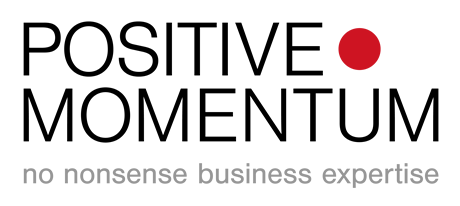In May 2020 the Bank of England warned us that the economy in 2020 would shrink by 14% and unemployment would more than double within the year. This would have taken unemployment levels to 8% (eye watering and similar to the 2009 recession). Instead we peaked at 5.2% and are moving downward, now at 4.3% even after accounting for the end of furlough.
Given this market wide backdrop I naively expected more caution in the market when it came to changing roles, but as with most parts of this pandemic the expectation was far from the mark.
As we near the end of 2021 I would say consistently that the ability to attract (and retain) talent is right at the top of the challenge pile for senior leaders. Some skillsets such as tech, digital and data analytics are particularly in demand but so are general managers – leaders who can lead and deliver the ambitious growth objectives for 2022 and beyond.
These unusual times are driven in my opinion by a unique set of causes; post pandemic companies have built ambitious plans for growth, companies don’t have the (types of) people they need to succeed, there’s pent up demand following the pandemic and people are keen to re-evaluate what they do, and finally companies are being more flexible than ever on work location.
How long this situation will last is unclear, but leaders cannot afford to wait – attracting talent is a muscle that needs to be rapidly grown and flexed…
Early on in my career I was encouraged to think about my ‘virtual bench’. If I was offered a promotion tomorrow do I have a bunch of highly talented people that would follow me? “Easy!” I hear you say. How about if those people can’t be from your team, or even company? I’ve seen leaders who do this brilliantly – every day is a talent hunt, building names and relationships that are nurtured and can be called upon when needed. I know who is on my virtual bench – do you?

But that does admittedly take time to build and we’re facing the crisis now right? Here are four practical steps that I would take today to attract brilliant talent to my business –
- View this as your highest priority business objective. Through that lens you would scrutinise the process, find leakage and innovate to deliver against the goal. Do you have data points that show how successful you are at acquiring talent and do you monitor these as you would revenue performance?
- Be clear on your employee value proposition. Can you clearly articulate a (factual) vision for why someone would join your company? Can you do this specifically for the high demand skill-sets such as data analytics and does it resonate with candidates?
- Consider an ‘always on’ approach for high demand skill-sets and broaden the search. If you come across a high potential individual who is not quite ready for the role, can you make space for them elsewhere? Similarly if you are seeking a data scientist but find someone amazing more on the data engineering side – grab them!
- Whilst costs need to be in control, there is merit in considering carefully the financial offer you make a candidate. Getting it right first time reduces the time to accept and also sends a message – “this is a big job, we think you are great and we want to pay you accordingly”. I used those exact words with a candidate once and they repaid me ten times over.
When hiring senior talent there are also a couple of other suggestions I would make. The first is to get yourself (as a senior leader) into the process early with an ‘at large’ conversation with a candidate for 45 mins. This meeting gives the candidate chance to provide a summary of their CV and critically for you share some more information about the role, company, culture etc. In my opinion there should broadly be a 50:50 split on time spent on each. Aim for every candidate to leave the conversation wanting to join the company – as a minimum you will have an advocate for the future talking about their experience (and you).
My final suggestion particularly applies to senior leaders through the lens of diversity. We need to shrug off past history when imagining what is important to a person when joining a company. Yes money is important and flexibility is too. But who are we to say what flexibility looks like to this person? Can we really make assumptions about someone’s career motivations? I guess what I am saying is that as the workplace becomes (hopefully) ever more diverse we need to find new and creative ways to attract talent that doesn’t necessarily come in the usual package








